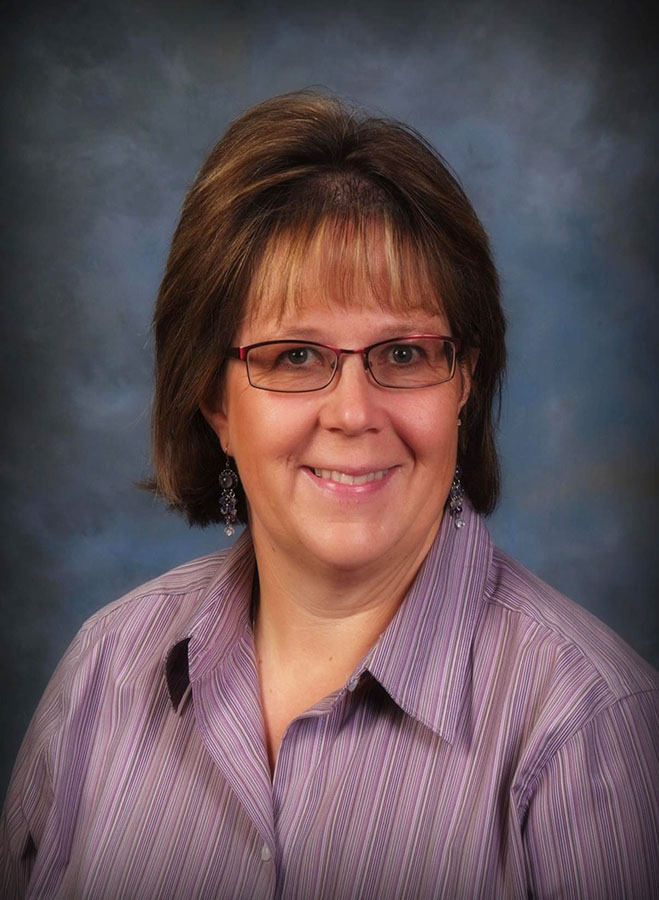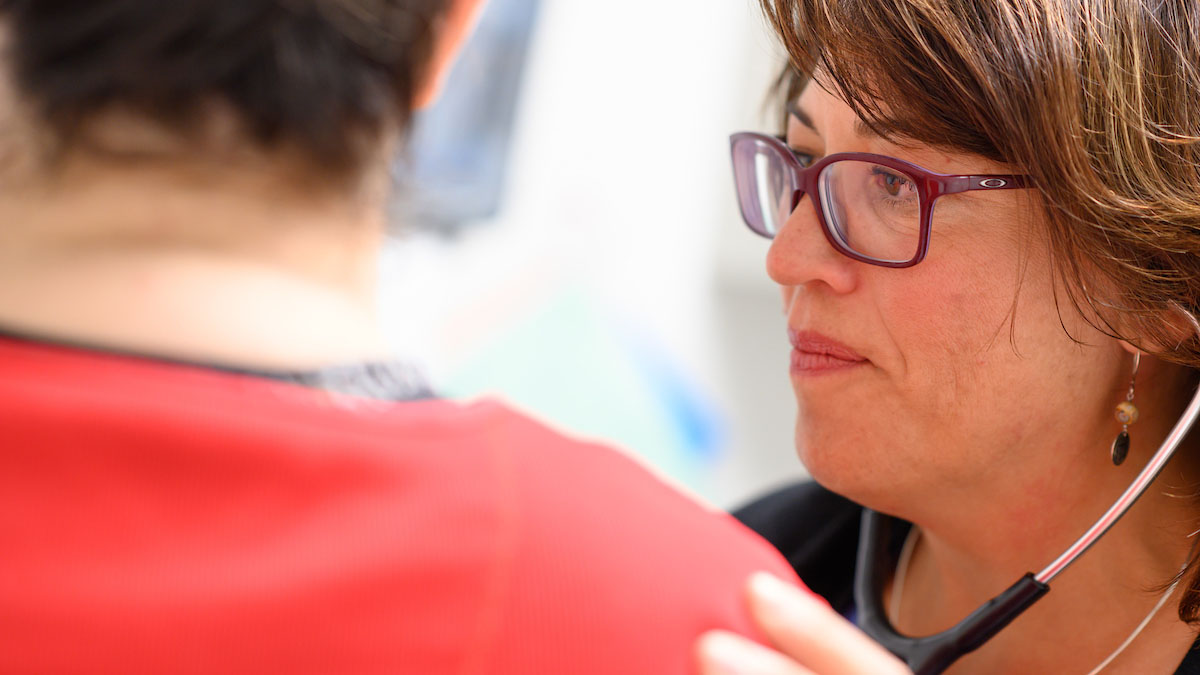From Isolation to Innovation: ECHO Idaho’s Role in Rural Healthcare Transformation
Inside the Lifeline ECHO Idaho Offers to Rural Health Care Providers
Struggling with addiction in a remote town is not only isolating for those battling substance use disorders but also for the medical and mental health professionals attempting to treat them.
Peg Gehring currently cares for 60 patients, each facing a variety of substance use disorders, in the rural town of Cottonwood. A family nurse practitioner specializing in substance use disorder patients, Gehring finds it difficult to access resources and colleagues with whom to discuss cases.
“Being a medical provider in a remote part of the state, we have limited access to specialized experts which many of my patients desperately need,” Gehring said.
When she discovered the University of Idaho’s Extension for Community Health Outcomes (ECHO), help for her patients was suddenly closer than ever.
ECHO Idaho, an online continuing education program for medical and behavioral health professionals, offers professional panels, patient case discussion and learning opportunities. The program empowers health care professionals to treat complex patient cases with specialist-level support, no matter where they practice.
“This is an excellent resource to feel empowered to treat everything from common to complex addiction issues,” said Dr. Derek Hayton, a physician who serves on some of ECHO Idaho’s discussion panels. “It is incredibly satisfying to help providers find specialized treatment solutions for patients with opioid use disorder and see how their life is turned around.”
In Gehring’s case, her remote medical facility staffs a limited number of specialists trained to treat substance use disorders, which is a prevalent issue in Gehring’s part of the state, as well as mental health conditions. And oftentimes, her patients cannot make the considerable drive to larger medical facilities, so access to local, specialized care is critical.
“ECHO Idaho has become my primary source for the latest information I need to treat my patients,” Gehring said. “When I have a patient who requires specialized care, I don’t have the immediate resources or staff to collaborate with. ECHO Idaho gives me online access to a variety of specialists so I can find solutions for my patients and prescribe treatment plans that I may not have considered without the collaboration of other experts.”
Gehring relies on bi-weekly Substance Use Disorder panel discussions to learn best practices for treating complex patients with chronic pain, opioid use disorder and/or other substance use disorders. During these sessions, experts specializing in chronic pain, addiction medicine, psychiatry, social work, nursing and pharmacy connect with medical professionals across the state to share knowledge and resources for providing whole-patient care in the identification and treatment of pain, opioid and substance use disorders.
Being a medical provider in a remote part of the state, we have limited access to specialized experts which many of my patients desperately need. Peg Gehring, family nurse practitioner
“ECHO gives me access to experts to help troubleshoot cases I’m working on, validating treatment protocols or giving me new ideas to consider,” Gehring said. “In remote areas like mine, I could not provide the service I do for my patients without the collaboration and expertise I get through this program.”
In between the regularly scheduled panel sessions, Gehring takes advantage of online Curbside Consults. Curbside Consult is one program within ECHO Idaho’s programs which offers health care professionals the opportunity to ‘drop in’ and confer with professional colleagues to discuss treatment plans for patients.

“I feel confident knowing my decisions are based on the opinion of other medical experts, and the results show that the recommendations are the right ones,” Gerhing said.
Of Gehring’s 60 patients, she has successfully weaned over a dozen off of opioids and credits ECHO Idaho, a part of Idaho WWAMI, with giving her the confidence to do so.
The substance use trends Gehring sees in her rural community are not outliers from the rest of the state. According to the Idaho Department of Health and Welfare, 270 deaths were attributed to opioids in 2022.
“Idaho is a largely rural state, and addiction is pervasive in our bigger cities as much as our small towns,” said Eric Studebaker, director of ECHO Idaho. “Providing an interdisciplinary team to counsel medical and mental health professionals, no matter where they are, is a service we are proud to be a part of. Hearing stories like Peg’s and understanding how these opportunities are translating into results throughout Idaho’s most rural communities is deeply meaningful.”
Meeting the psychological as well as physical needs of patients can be a challenge for providers like Gehring and her team of nurses at St. Mary’s Health in Cottonwood.
“I just focus on one patient at a time and know that I’m doing everything in my power to get them off of opioids and back to a life they want,” she said.
To learn more about ECHO Idaho, see the list of current series or visit the ECHO Idaho website.

Article by Cindy Miller, Cindy Miller Public Relations.
Photos courtesy of ECHO Idaho and Peg Gehring.
Published in June 2024.
The project described was supported by Grant 93.788, State Opioid Response and the Substance Abuse Block Grant 93.959 from SAMHSA. Its contents are solely the responsibility of the authors and do not necessarily represent the official views of the Department, HHS or SAMHSA.








